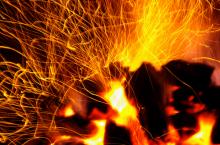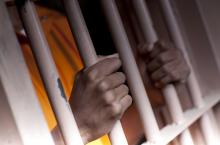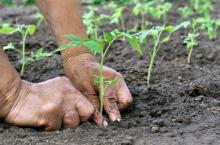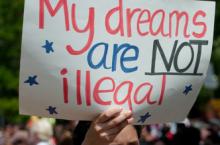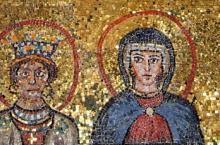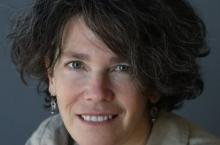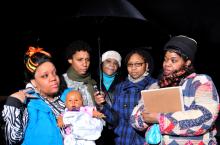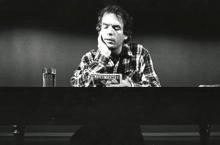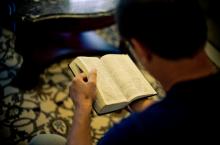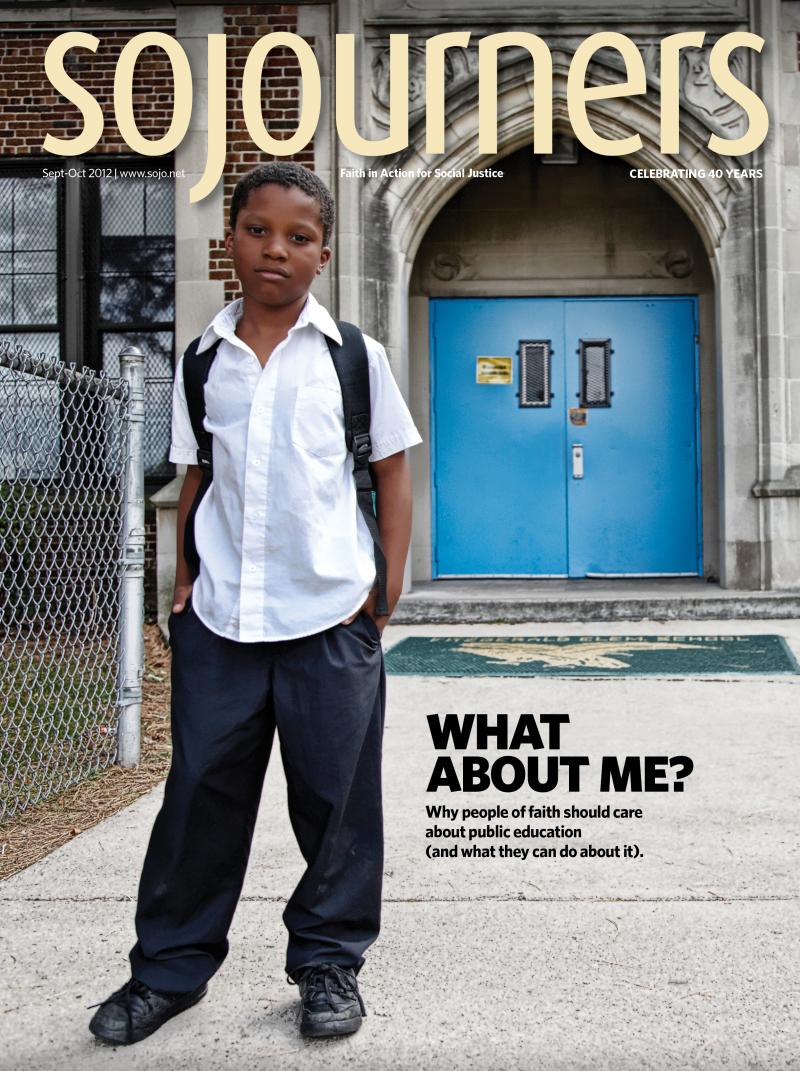
Sojourners Magazine: September-October 2012
HOW TO MAKE schools work for all children is a hot topic these days—and a vital one for people of faith called to love our neighbors. While the vast majority of private schools are faith-affiliated, nearly 90 percent of U.S. children attend public schools. Their quality is key to the common good. In this month’s issue, experts offer their views on how to fix a situation where, as Expectations Project founder Nicole Baker Fulgham writes, “50 percent of [U.S.] kids growing up in poverty drop out of high school.” Fulgham focuses on learning from the most successful schools and teachers, while encouraging schools, teachers, and parents to work together.
Meanwhile Jan Resseger, of the Justice and Witness Ministries of the United Church of Christ, warns against a “lifeboat” mentality that rewards a few schools, without investing in all to enable the basics—reasonable class size, pre-kindergarten classes, teacher mentoring. Education reform, she notes, can’t work if class analysis is ignored: “Wealthy places put vast amounts of money in schools and poorer places can’t, and our states aren’t equalizing it.” Faith for Change founder Romal Tune offers some practical examples of how faith-based groups can offer material support to their community’s schools, as well as advocacy for them.
This fall marks not only the start of the school year, but also the 50th anniversary of Rachel Carson’s Silent Spring, the classic book that launched the modern environmental movement and led to the creation of the Environmental Protection Agency. Today, as humanity’s actions pose the massive global threat of climate change, it’s more important than ever to learn and teach about environmental truths.
One key climate-related vocabulary term comes in this month’s Commentary section: Evangelical environmental scientist Cal DeWitt points out that it’s far more accurate to call oil, gas, and coal “fossil carbons,” rather than “fossil fuels.” This recognizes their millennia-long role in creation’s system of sequestering carbon—a system that is reversed whenever we set part of it on fire inside our cars and power plants. In this case of learn or burn, the planet is at stake.
